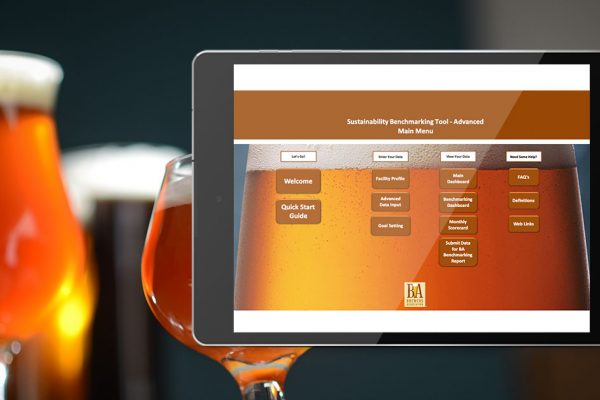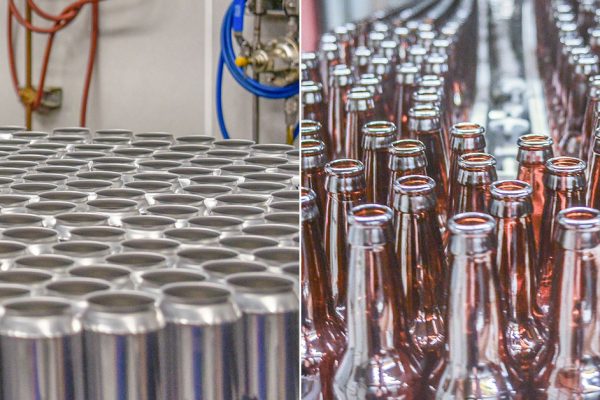The Golden Rule
KegReturn.com is designed to provide tools to help anyone redirect a keg towards its home brewery. Returning a keg to its owner is the right thing to do—if you lost your wallet you’d hope someone would return it to you! Kegs are always the property of the brewery that purchased the keg and filled it with beer. Many kegs disappear due to accidental mishandling; and some to intentional misappropriation.
You’re Renting, Not Buying
Paying a deposit does not convey title to the keg. The deposit you pay to borrow a keg is intended to incentivize return of that keg to the retailer, wholesaler or brewery. Deposit amounts usually amount to about 15-20 percent of the replacement cost of the keg. Suppose you’ve paid a deposit on a keg; intentional misappropriation of that keg is akin to renting a car for a week, then assuming you own the car after the week has passed. Not true: the rental car company still has title to the car.
Beer Market Diversity
BA member brewers have indicated that keg disappearance directly impedes their ability to expand into new markets, or to fill more orders in existing markets. This in turn decreases the diversity of brands in the marketplace, hurting consumer choice, retailer sales, wholesaler bottom lines and brewer brand development and profit. Want to see more beer brands in your market? Help kegs get home to their rightful owners.
Federal Regulation
According to Federal law, it’s illegal for a brewer to use a keg marked with any other brewery’s markings. If you’re a brewer, you are not allowed to fill a keg that doesn’t belong to you with your beer; dispense beer from such a keg in your brewpub; ship or sell such a keg into the trade via wholesaler, retailer or direct to consumer sale.
You are allowed to refurbish a keg to which you hold clear title (that is, legally purchased), provided you first notify the TTB of your intent to do so, and remove all markings from the previous owner, including embossed chimes. Keg refurbishing companies may resell kegs bearing visible evidence of more than one brewery owner (in the instance a keg was purchased with full knowledge of the previous owner); but a keg which bears markings of more than one brewery may not be legally used in trade by any U.S. brewer.
State Regulation
State laws vary widely with respect to scrapping. Possession of stolen property is illegal in all 50 states.
Healthy Brewing Industry
Craft beer sales have grown very quickly over the past decade, and so has the number of kegs owned by brewers. Very few craft brewers have ever sold kegs or intentionally transferred title to kegs to another brewer or anyone else. Possession and/or repurposing of a keg from nearly all craft brewers is simply illegal. Further, when large brewers do sell their kegs on occasion, they go to great effort to ensure that evidence of ownership is removed by the purchaser. Possession of a repurposed keg with large brewer markings intact is illegal.
The Cost of Lost Kegs
Keg loss costs the U.S. brewing industry between 46 cents and $1.37 per barrel, acting as an enormous additional and unintended tax on beer (already one of the most heavily taxed products in America). The high cost of keg loss directly impedes job growth, reduces brewer, wholesaler and retailer profits and increases the retail price of American-made beer, making it less competitive.


